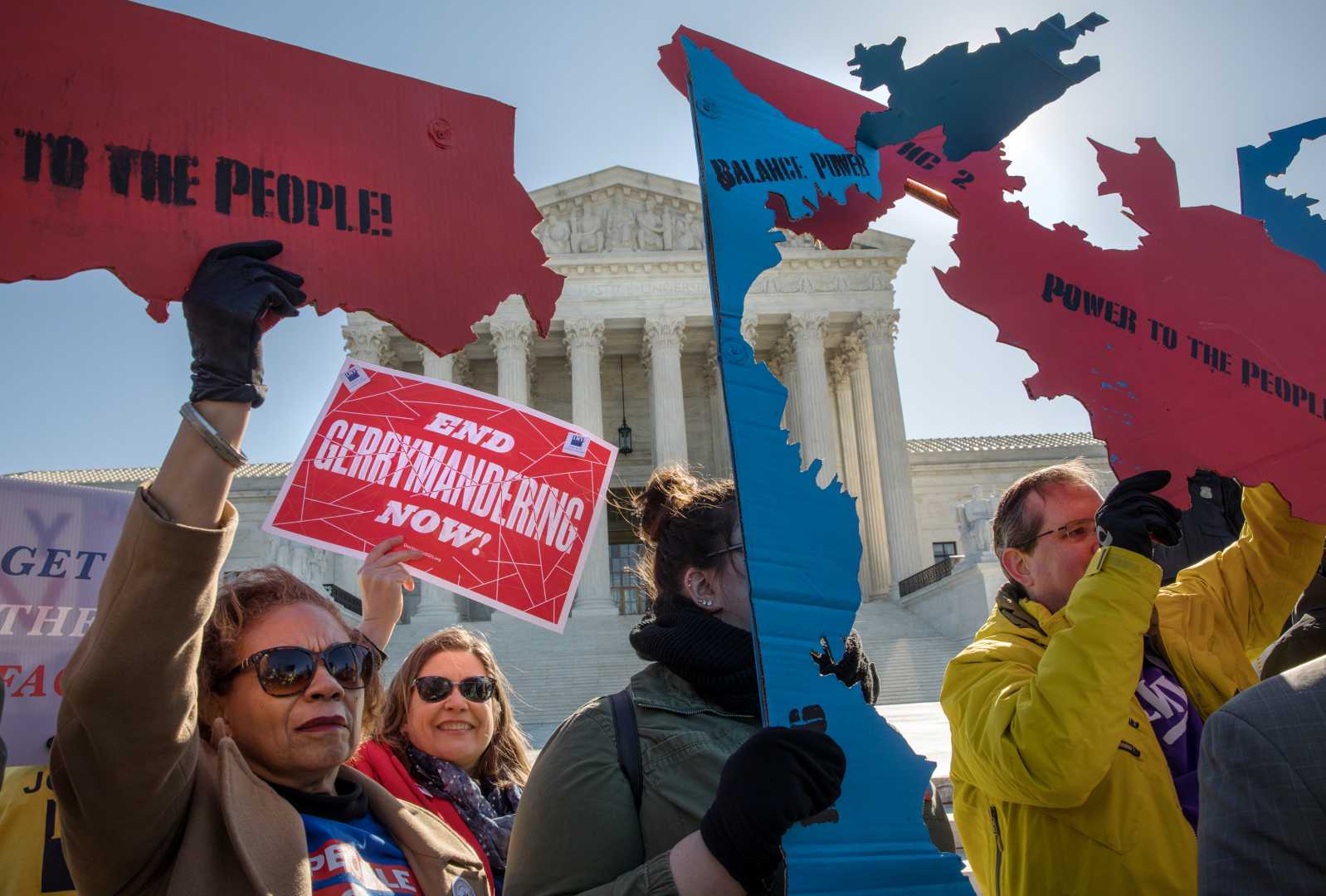News
Supreme Court to Address Louisiana Racial Gerrymandering Case Amid Ongoing National Debate

The Supreme Court has announced that it will hear a significant case involving racial gerrymandering in Louisiana, a move that comes at a time when the practice of gerrymandering is under intense scrutiny nationwide. The case, which consolidates several related disputes, will give the Court another opportunity to tackle the complex issue of whether electoral district lines can be drawn based on racial or partisan considerations.
Gerrymandering, the practice of manipulating electoral district boundaries to favor one party or group, has been a longstanding issue in American politics. It involves techniques such as “cracking” and “packing,” where map drawers either split groups of voters across multiple districts or concentrate them in a few districts to dilute their voting power. This practice has been criticized for undermining the democratic process and creating safe seats that are rarely contested.
However, recent analyses suggest that gerrymandering is not the only factor contributing to the political polarization and safe seats in the U.S. The phenomenon of Americans self-sorting into politically homogeneous communities, known as the “big sort,” has also played a significant role. This trend, where people move to neighborhoods that align with their political beliefs, has resulted in districts becoming increasingly one-party dominated. A recent study found that Americans are segregating by their politics at an accelerated rate, with Republicans and Democrats moving into neighborhoods that reflect their political leanings.
The Supreme Court’s decision to hear the Louisiana case comes as the 2024 elections highlight the ongoing impact of gerrymandering and self-sorting on American politics. With control of Congress at stake, the issue of how electoral districts are drawn remains a critical factor in determining the balance of power in Washington.












